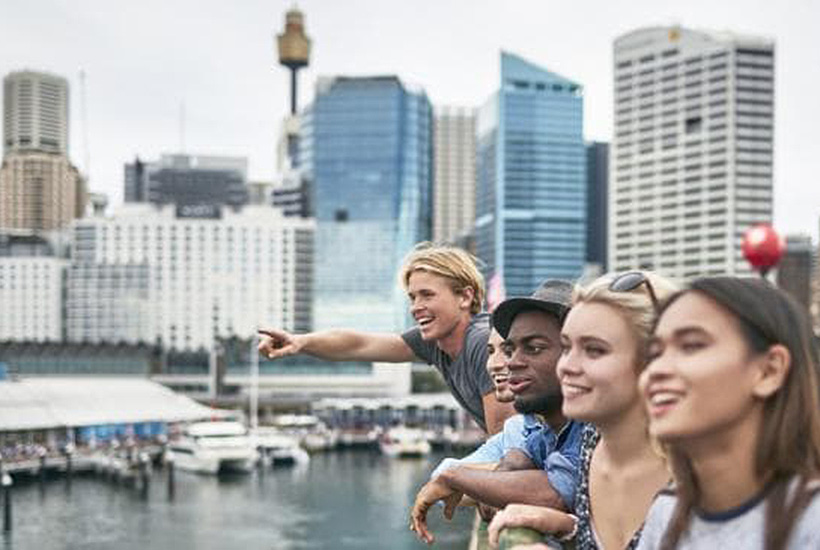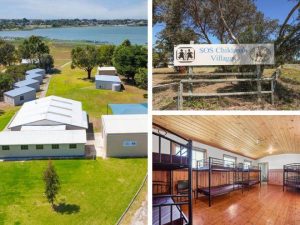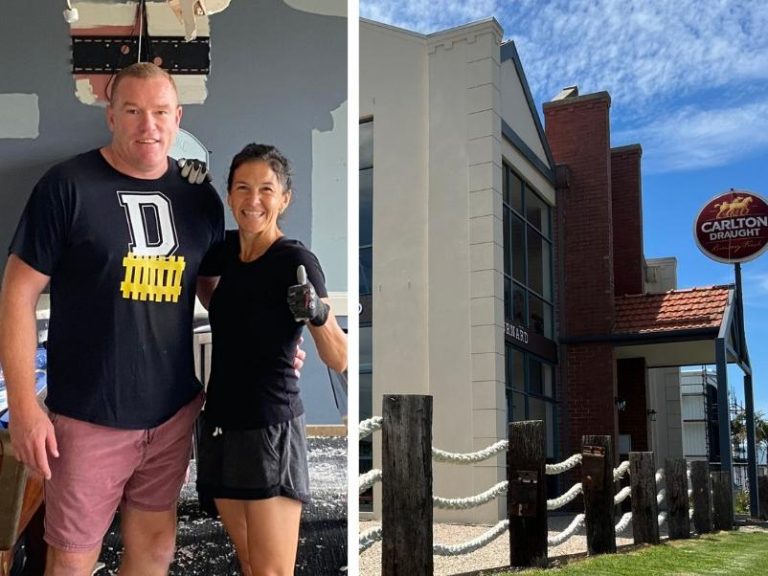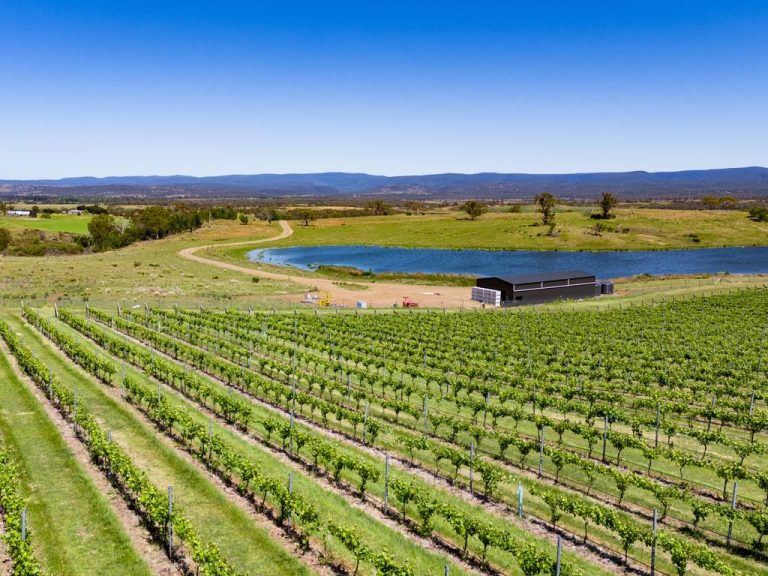Hotels missing out on millennials: report

Hotels could be missing out on a new breed of travellers who are more likely to be asking about the Wi-Fi than checking out historic sites.
The big shift towards younger millennial travellers, rather than the country’s cashed-up Baby Boomers or even Generation X vintage executives, is yet to be captured, according to a report by real estate firm CBRE.
Millenials are now spending more on accommodation than any other generation, but many hoteliers are not meeting their requirements.
Commercial Insights: Subscribe to receive the latest news and updates
Their surprisingly high spending on travel is partly due to delays in the generation buying homes, marrying or having children, as well as the elongated periods they are in the “gig economy” before entering full time work.
CBRE’s head of hotels research Chinmay Chitale said the firm’s report revealed that Millennials spent an average of $234 per capita per year on accommodation between 2014-2018, ahead of Generation X at $231 and Baby Boomers at $165.
Some of the spending for Generation X and older millennial travellers can be attributed to older children and family members, Chitale says.
“However, it was still surprising to see Millennials as the highest accommodation spenders,” he says.
A new phase will be the entry of even younger “post-Millennials” into the market and this cohort has boosted its accommodation expenditure by 6.1 per cent annually over the past five years.

A Moxy hotel rooftop.
The new style of traveller is also spending more time in private rentals like Airbnb, which are favoured over traditional hotel rooms.
CBRE Hotels national director Wayne Bunz says the growth of private rentals like Airbnb also presents a threat to traditional hotel brands, given Millennials accounted for the highest share of hotel guest nights nationally.
Airbnb’s relatively lower price point was a point of difference to typical hotels and he argued that hoteliers now need to differentiate themselves by delivering authentic local experiences.
Almost half of young travellers selected “indulgence” as a reason to stay in a hotel — a fact not addressed by most existing luxury brands.
Bunz says there is an opportunity for a new age kind of luxury brand to distinguish itself from Airbnb by focusing more the experience they offered.
He points to “new age” brands entering Australia, with Moxy opening its first Australian hotel in South Yarra in 2021. “There is also an opportunity for dual-brand hotels to allow properties to target different market segments,” he adds.
While yet to take off in Australia, rival chains Accor and IHG are expected to open new dual-brand properties in Melbourne by 2022 — following the lead of Marriott’s dual-brand AC/Moxy hotel complex in Atlanta, to appeal to both business and younger leisure travellers.
“Simply providing a hotel which is designed to address a very broad market is no longer adequate,” Bunz says.
This article originally appeared on www.theaustralian.com.au/property.







